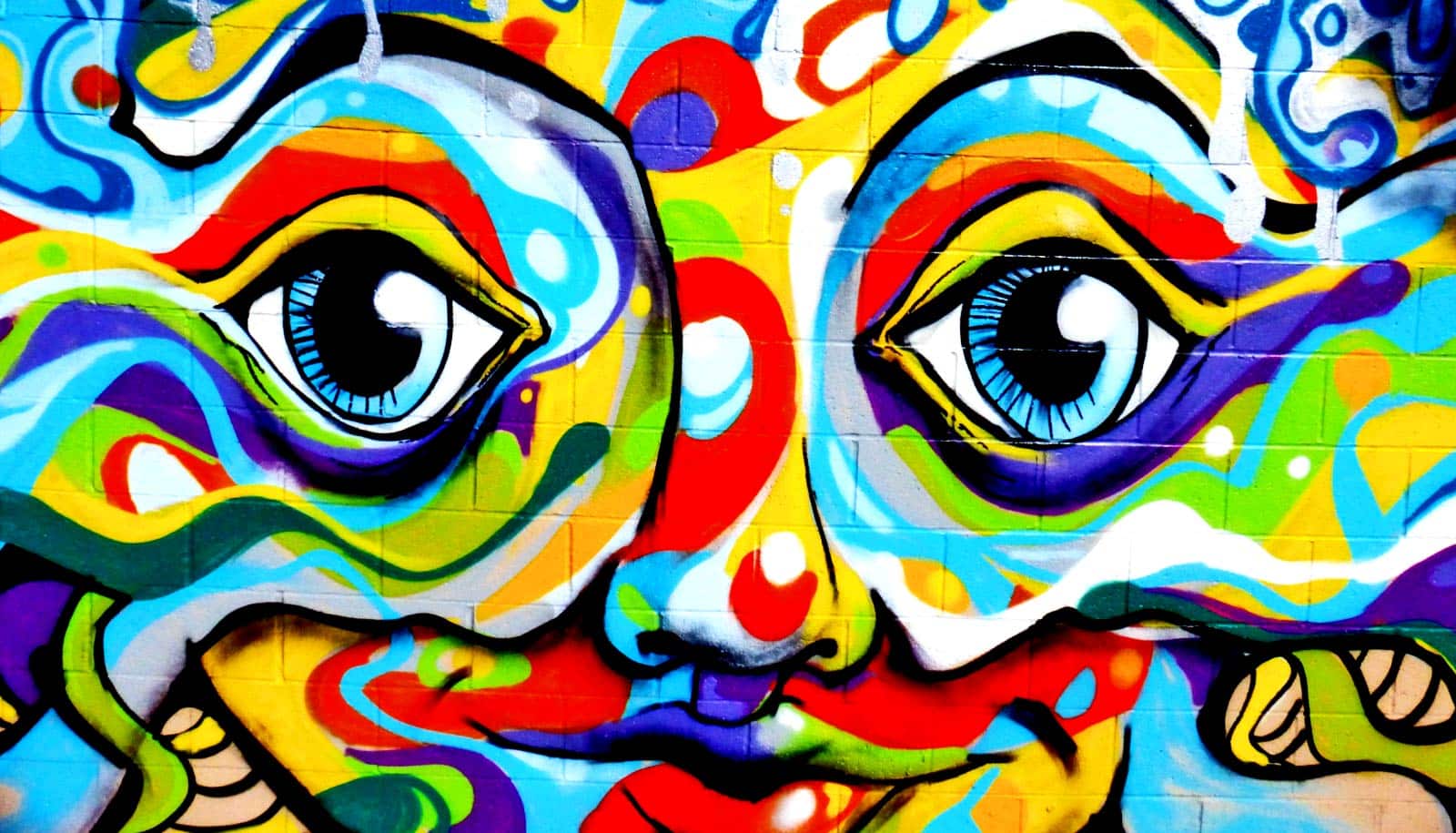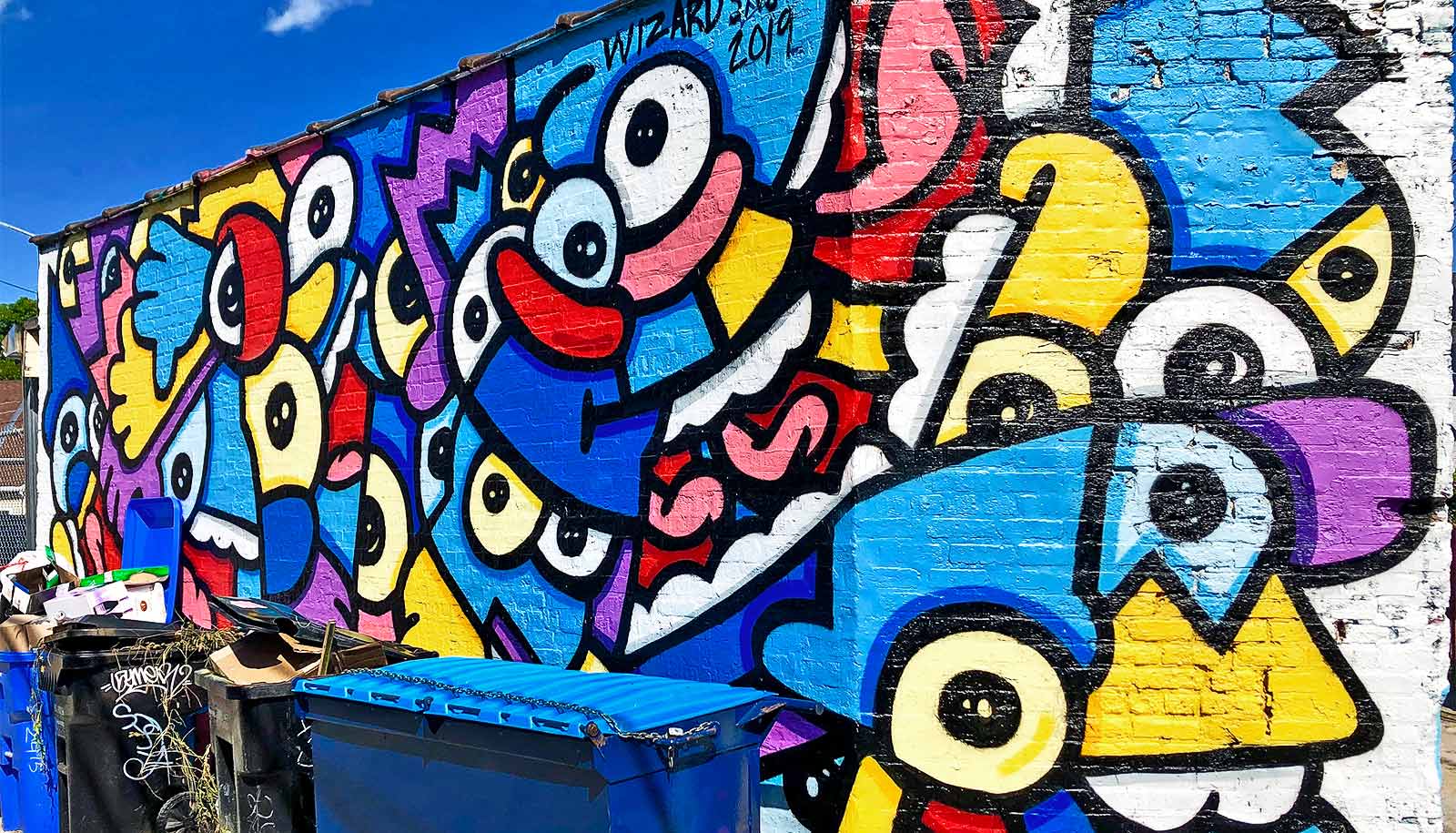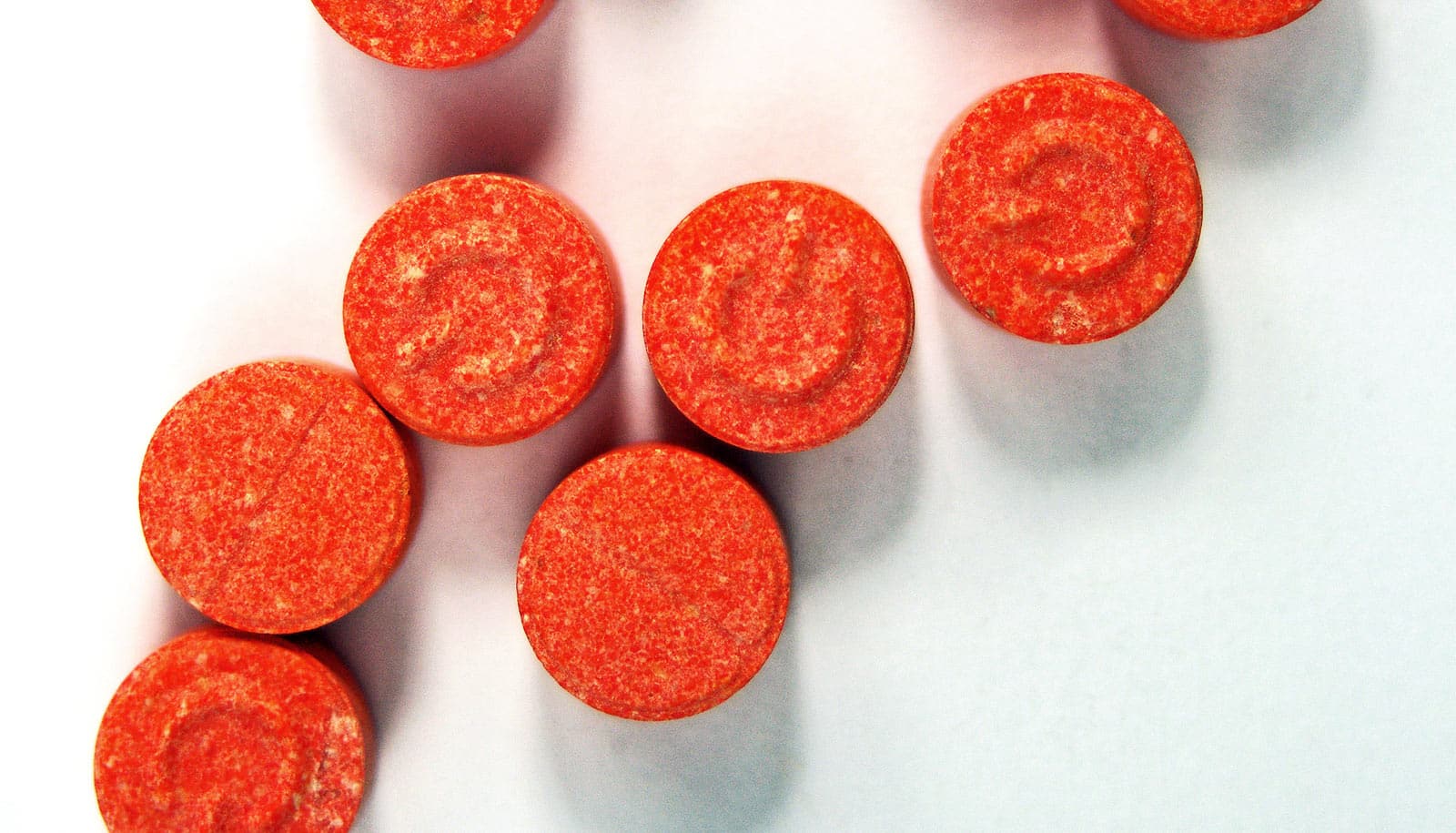The latest research shows that drugs like MDMA and LSD could radically change how some people engage with therapy.
In her efforts to turn a scientific lens toward these drugs, Harriet de Wit, a professor of psychiatry and behavioral neuroscience at the University of Chicago, has made some surprising discoveries about their applications in therapy. De Wit also examines microdosing, why it is so popular, and whether it does what people suggest.
“The testimonials and the reports from using MDMA with PTSD are absolutely remarkable,” she says.
“[I]t seems to be the person with this PTSD appears to be able to face these negative memories more readily, and then able to kind of process them, and talk about them. Why that is, we don’t really know,” De Wit says. “I mean, and I think that’s kind of becomes one of the central questions that we would be interested in. What is it that the drug does that allows them to handle these negative memories, and then talk about them, and then process them?”
“[W]e’ve all had a few too many drinks, or caffeine or something, and we all have some sense of how the drug can change your view of the world, and so I think that the subject itself is just fascinating,” says de Wit.
Here, De Wit explains her research into the effects of psychedelic drugs and how they’re changing the world of therapy:
You can find the transcript for this episode here.
Source: University of Chicago



